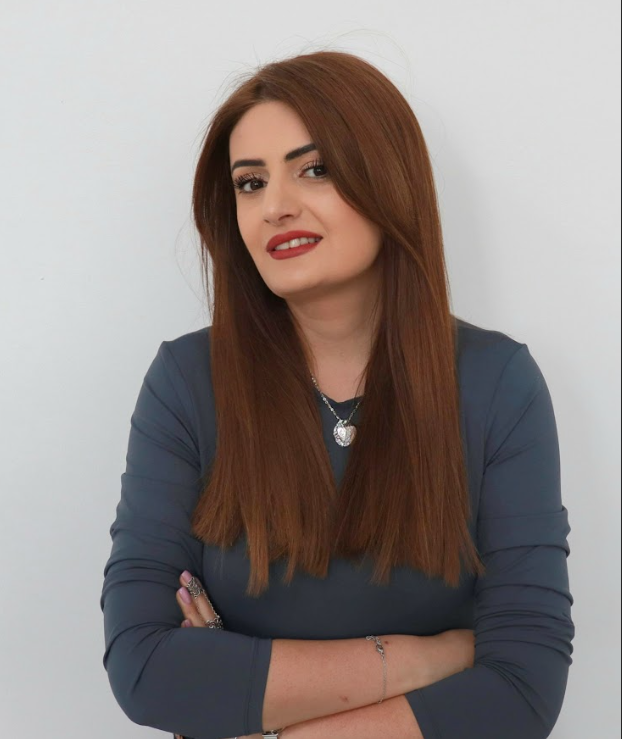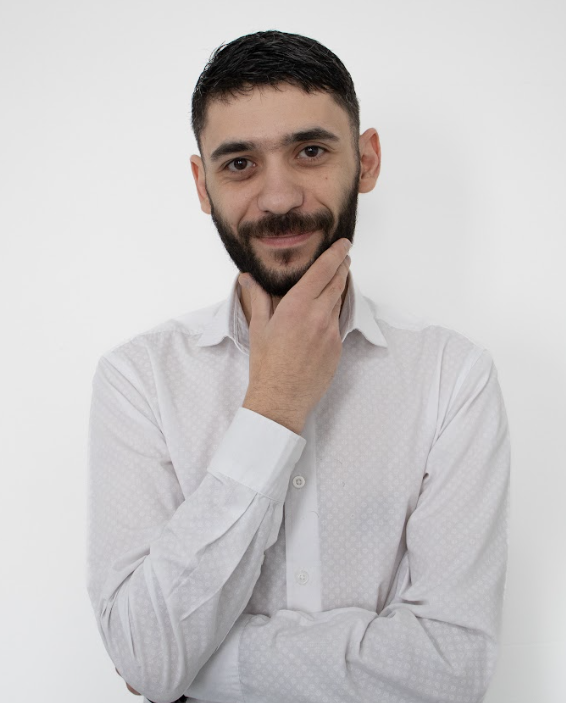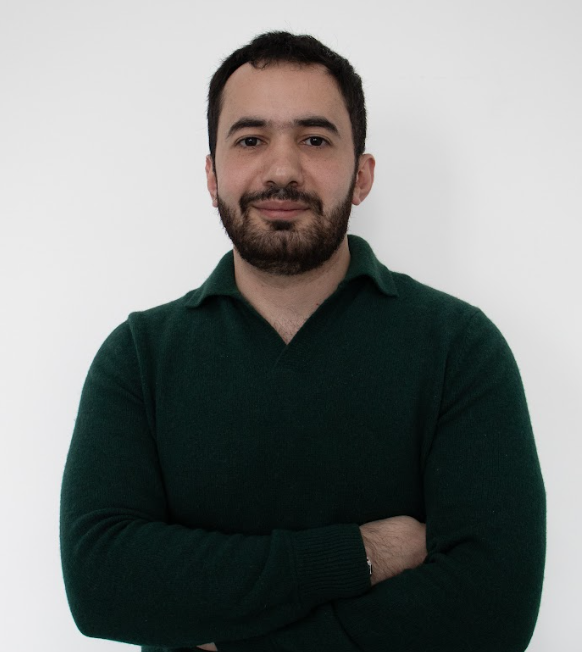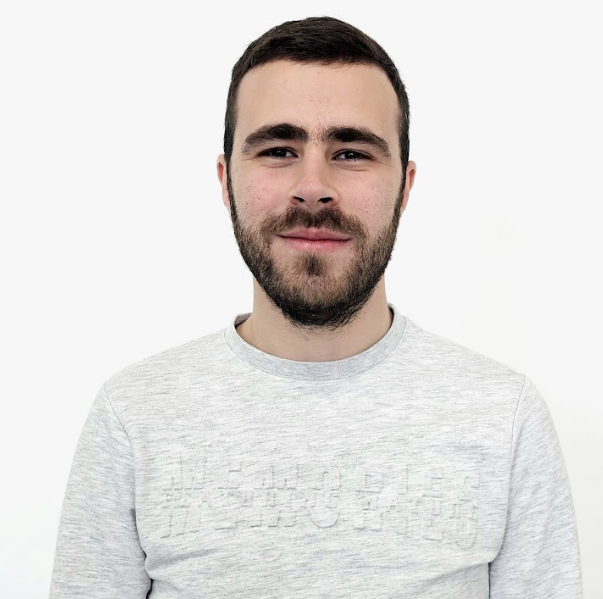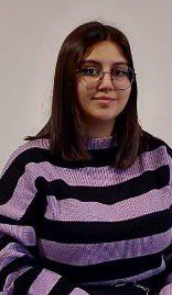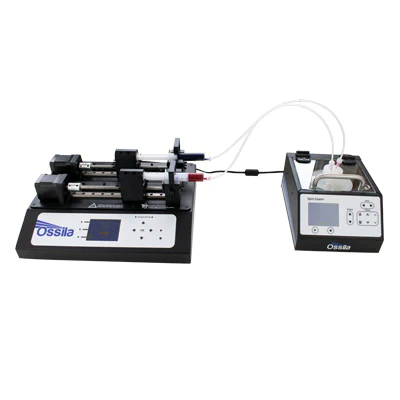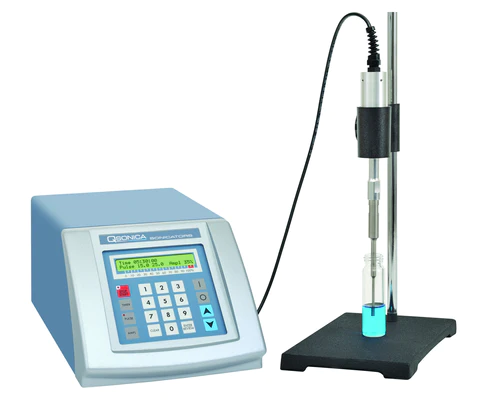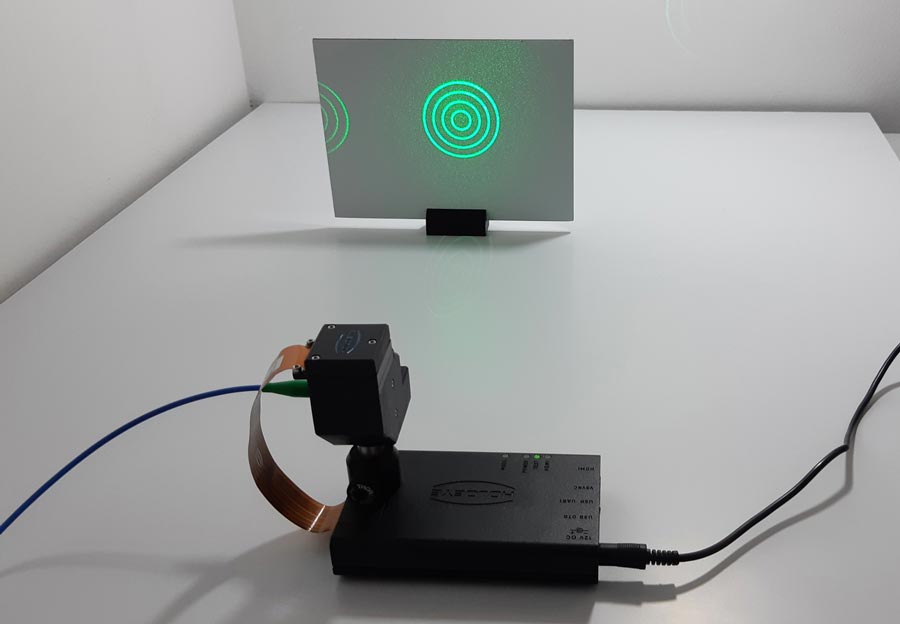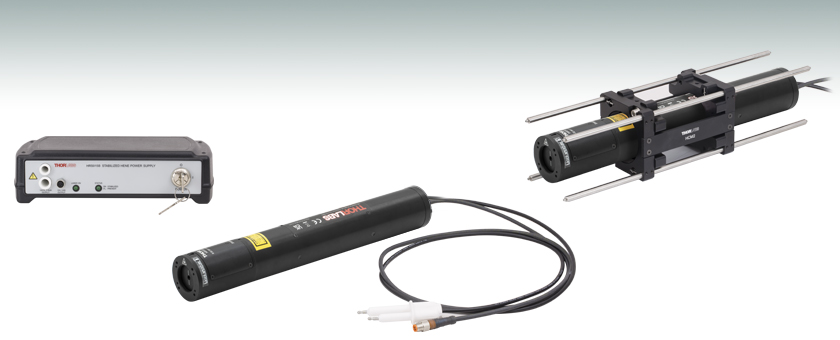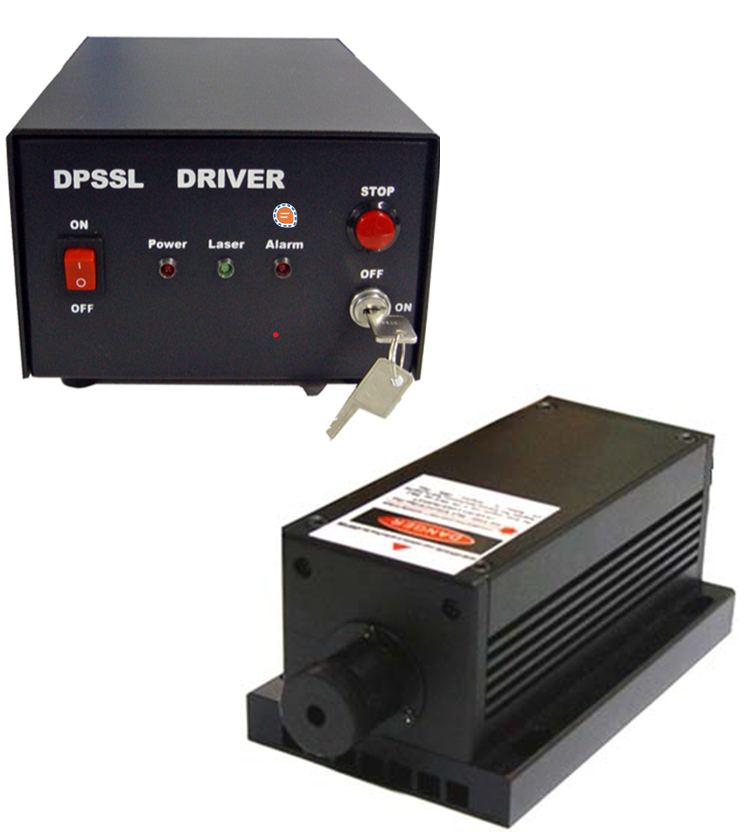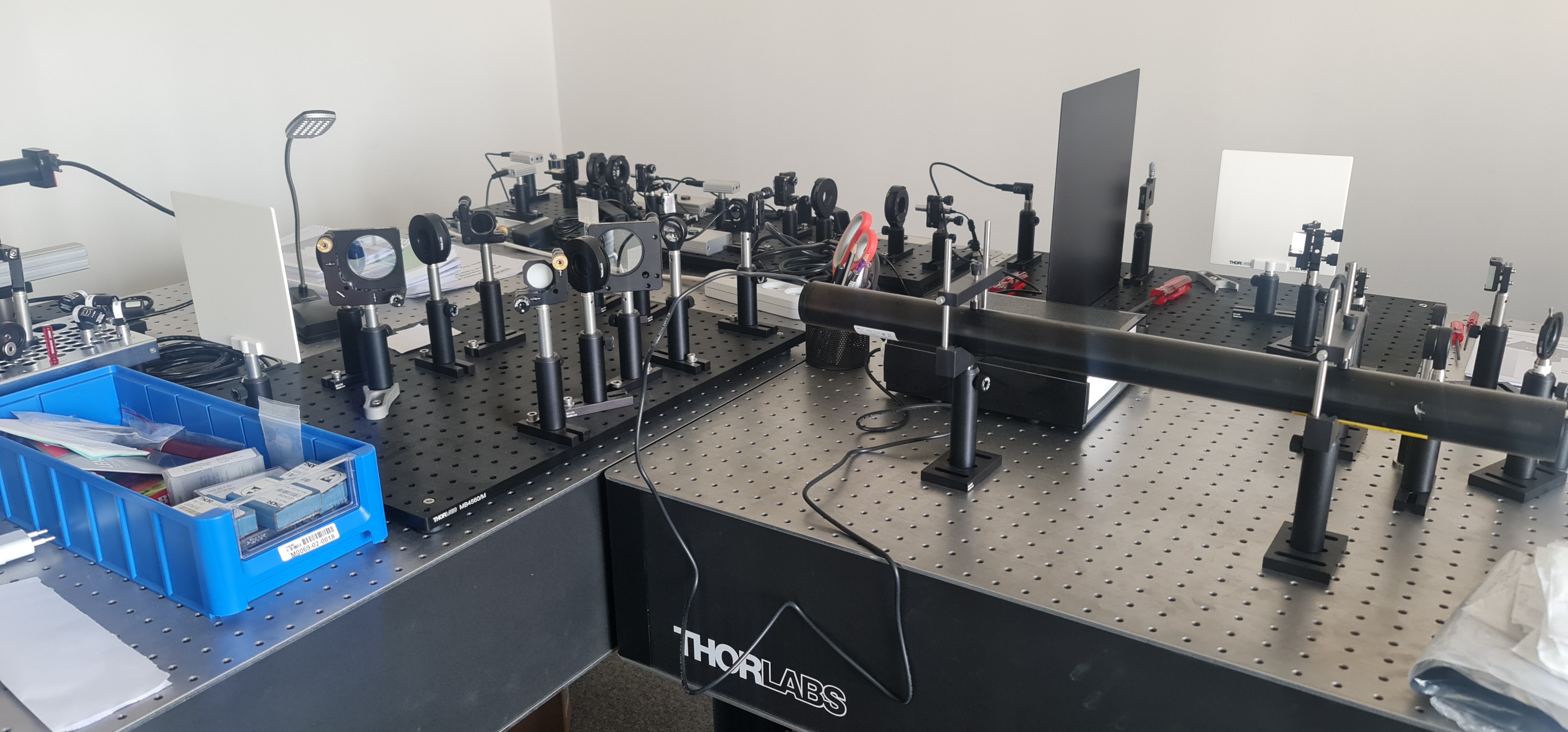Quantum Optics and Nanophotonics group
QONP – Quantum Optics and Nanophotonics group
QONP Group, formed in 2024, is an integral component of the Quantum Materials and Nanophotonics Laboratory located within the Nalbandyan Institute of Chemical Physics. This initiative was established as part of the Remote Laboratory Establishment Project, identified by project number 23RL-1B004 provided by the Higher Education and Science Committee under the auspices of the Ministry of Education, Science, Culture, and Sports of the Republic of Armenia.
Principal investigators (PI) of the project are: Prof. Dr. Kristiaan Neyts (Director of State Key Laboratory of Advanced Displays and Optoelectronics Technologies, Hong Kong University of Science and Technology, China) and Prof. Dr. Jeroen Beeckman (Liquid Crystals and Photonics group, Ghent University, Belgium).
Co-PI: Dr Paytsar Mantashyan
DESCRIPTION
Semiconductor quantum dots (QDs) and liquid crystals (LCs) individually offer versatile properties with diverse applications. However, when combined, they create quantum dot liquid crystal composites (QDLCs) with remarkable potential. These composites, influenced by factors like QD material, concentration, and LC host, can be further enhanced by introducing exotic QDs. The spatial orientation of QDs within the LC is crucial for the composite's electro-optical, magnetic, and thermal characteristics. Additionally, magnetic particles and dyes can be added to increase responsiveness to specific stimuli. By manipulating these variables, QDLC properties can be tailored for specific applications.
The research activities of the QONP:
• Development of methods to control QD ensembles' characteristics in LCs using external electric fields.
• Investigation of the influence of electric field strength and orientation on QD properties.
• Characterization of PL spectra of QDSLs under varying conditions to identify optimal configurations.
• Implementation of laser beam techniques to create QDSLs within dye-doped LC host matrices.
• Characterization of the structural and optical properties of the formed QDSLs.
• Optimization of composite configurations tailored for specific quantum technology (QT) applications.




